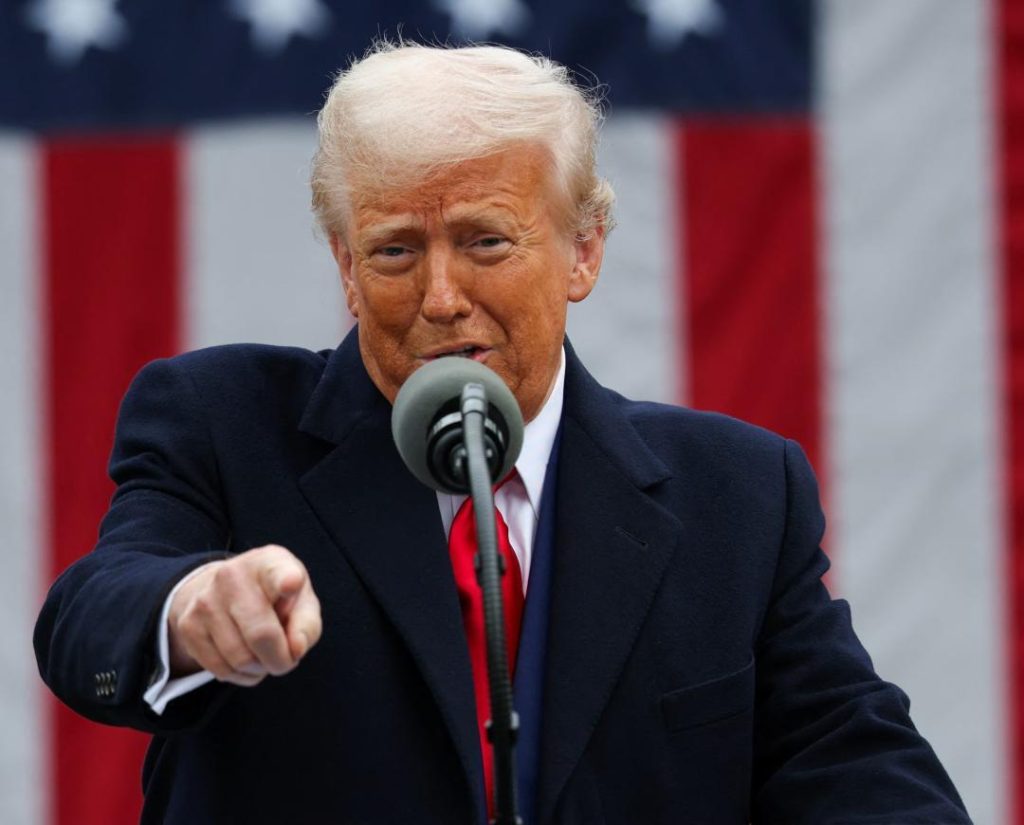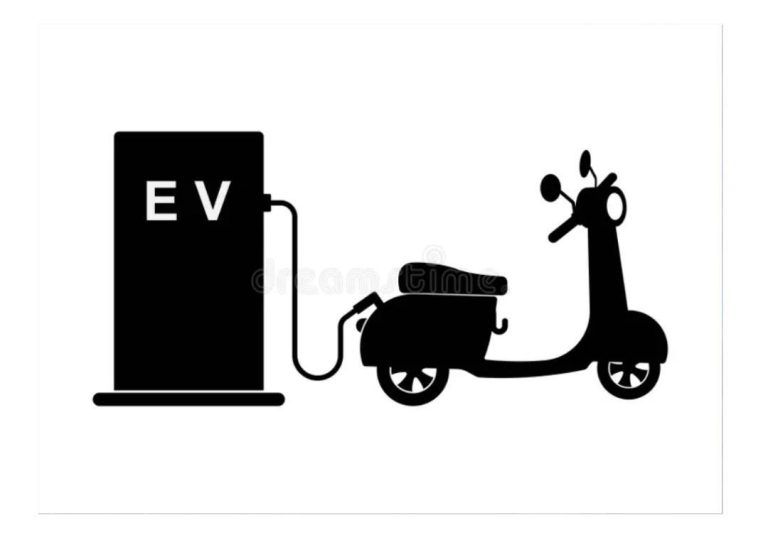
Which Goods & Items are Exempt from Trump’s New Tariffs?
On Wednesday, April 2, US President Donald Trump announced a new set of reciprocal tariffs to be imposed on various countries, including China, India, and several other nations. The move was aimed at addressing the perceived imbalances in global trade and addressing the issue of intellectual property theft. However, not all goods and items have been targeted by these tariffs. In this blog post, we will explore the list of exemptions and the implications of these exclusions.
According to a report by Moneycontrol, certain commodities have been kept out of the ambit of the US President’s reciprocal tariffs. Pharmaceuticals, bullion (physical gold and silver of high purity), energy, some minerals not available in the US, copper, steel, aluminum, semiconductors, and lumber articles are among the items that have been exempted from the tariffs.
The pharmaceutical industry is a significant sector that has been spared from the tariffs. This is because pharmaceutical products are a critical component of the global healthcare system, and imposing tariffs on them could have far-reaching consequences for patients and healthcare providers alike. The sector is also a significant contributor to the US economy, with pharmaceutical exports from the US worth over $100 billion annually.
Pharmaceutical products from India have been particularly affected by the exemptions. India is one of the largest exporters of pharmaceutical products to the US, with exports worth nearly $9 billion annually. The exemption of pharmaceutical products from tariffs means that Indian pharmaceutical companies will not face additional costs or hurdles in exporting their products to the US.
Another significant sector that has been spared from the tariffs is the energy sector. Energy products such as crude oil, natural gas, and coal are critical components of the global energy landscape. Imposing tariffs on these products could have significant implications for global energy markets and prices.
The exemption of energy products from tariffs also has implications for the global economy. Energy is a critical component of the global supply chain, and disruptions in energy supplies can have far-reaching consequences for industries and economies around the world.
Bullion, including physical gold and silver of high purity, has also been exempted from the tariffs. This is because bullion is a critical component of global financial markets and imposing tariffs on it could have significant implications for investors and financial institutions.
The exemption of bullion from tariffs also has implications for the global gold market. Gold is a critical component of global financial markets, and imposing tariffs on it could have significant implications for investors and financial institutions. The exemption of bullion from tariffs means that investors and financial institutions will not face additional costs or hurdles in trading gold.
Some minerals not available in the US have also been exempted from the tariffs. This is because the US relies heavily on imports of certain minerals, such as lithium and cobalt, to meet its domestic demand. Imposing tariffs on these minerals could have significant implications for industries that rely on them, such as the automotive and electronics sectors.
Copper, steel, and aluminum are also among the items that have been exempted from the tariffs. These metals are critical components of global trade and imposing tariffs on them could have significant implications for industries that rely on them, such as construction, manufacturing, and transportation.
Semiconductors have also been exempted from the tariffs. Semiconductors are critical components of the global electronics industry, and imposing tariffs on them could have significant implications for industries that rely on them, such as the automotive and electronics sectors.
Lumber articles are the final item on the list of exemptions. Lumber is a critical component of global trade, and imposing tariffs on it could have significant implications for industries that rely on it, such as construction and manufacturing.
In conclusion, the exemptions from President Trump’s reciprocal tariffs are significant and far-reaching. The exemptions for pharmaceutical products, energy, bullion, some minerals not available in the US, copper, steel, aluminum, semiconductors, and lumber articles are critical components of global trade and imposing tariffs on them could have significant implications for industries and economies around the world.
Source:






